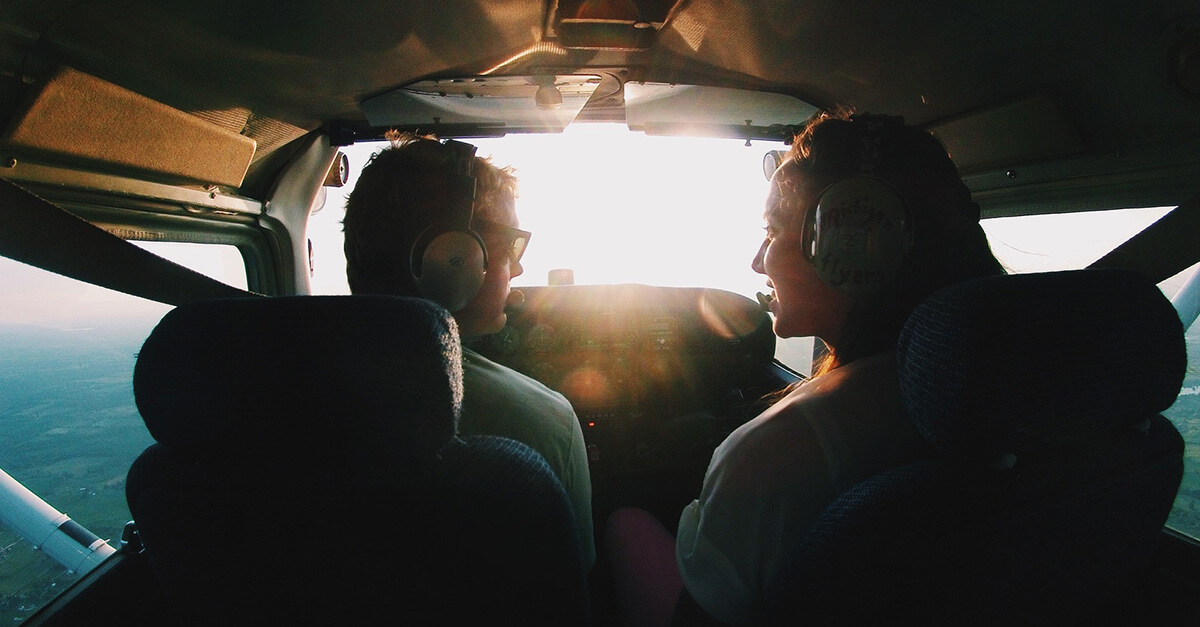
Sept. 8, 2020
Part 135 operators are feeling the effects of limited or restricted resources at the FAA due to the COVID-19 pandemic, as operators wait for pilot checkrides.
Many small operators rely on the FAA to complete various airman checking tasks and with the FAA unwilling or unable to get in the cockpit in many parts of the country, operators have few options remaining and risk grounding pilots and aircraft. NBAA recently brought this problem to the attention of a cross divisional team of FAA policymakers.
While the FAA policy indicates operators should have in-house check airmen, some operators receive pushback from the FAA when requesting check airman authority. Others hold check airman authority, but now their authorized check airmen are due for observation rides.
Exemptions, including one to extend a pilot’s grace month for certain checking events, helped delay the immediacy of the problem, but as the pandemic continues to impact the nation, operators still need to complete training, testing, checking and observation rides.
“The official position of the FAA is that they are fully open for business, however the reality is that some FSDOs still have restrictions on inspector travel and in-person contact,” said Mike McCullough, assistant director of operations at Aviation Resource Management, Inc. “Operators who rely on their POI for in-aircraft checkrides or line checks are now having issues getting those checks accomplished. Even before COVID, we were hearing from operators about the lack of available FAA resources but now the cracks in the system have been blown wide open.”
On Sept. 1, NBAA’s Domestic Operations Committee’s Part 135 Subcommittee held a call with a cross-divisional team of FAA policy and field experts to present the issue they are facing, seek feedback and present creative, systemic solutions. Solutions discussed include portable video technology, utilizing check airmen from other 135 operators or using simulators with contract check airmen.
FAA representatives emphasized the need to precisely communicate the checks that operators need and communicate early. The more time inspectors have to troubleshoot the problem, the more options available. FAA representatives also emphasized the importance of operators working with their inspector to escalate the issue when obstacles appear.
Many operators fear retribution when escalating problems beyond the POI, but politely encouraging the POI to seek help in developing a creative solution from the FSDO manager or the division manager may lead to faster results.
“We also encourage operators to contact NBAA for assistance if they reach a dead end with their FSDO so we can facilitate creative solutions with the FAA headquarters staff,” added Brian Koester, CAM, NBAA’s director of flight operations and regulations. “As the pandemic’s effects begin to snowball, FAA inspectors are running out of currency, compounding the problem and further reducing options for operators.”


 International Business Aviation Council Ltd.
International Business Aviation Council Ltd.